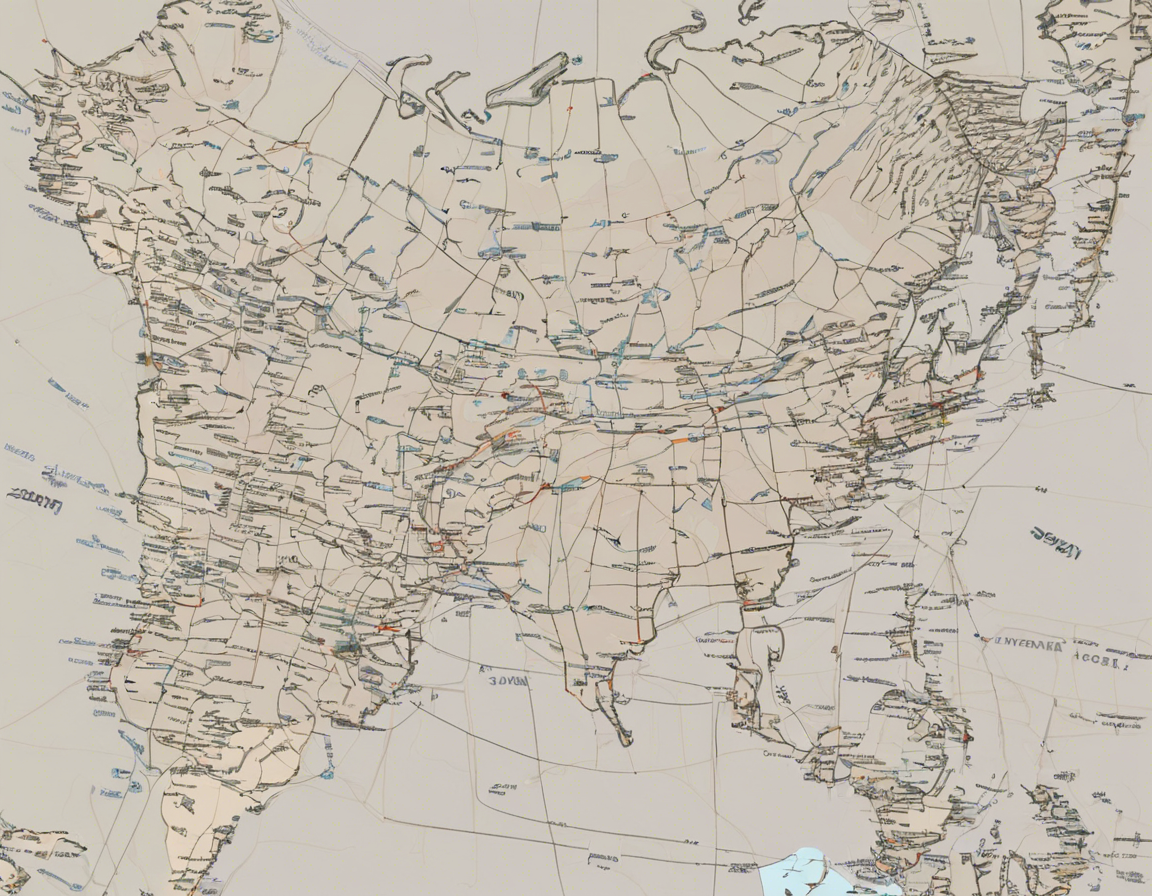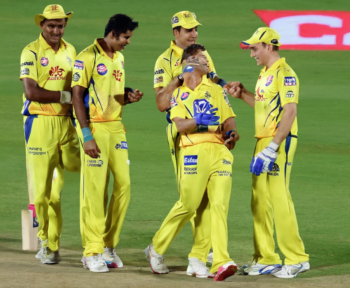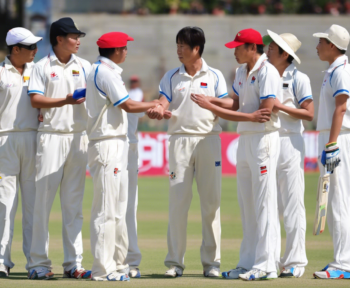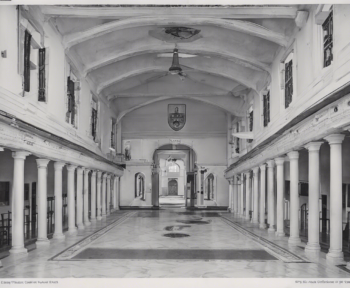Independence Day is a significant national holiday that is celebrated in many countries around the world. For citizens of these nations, this day holds great importance as it marks the anniversary of their independence from colonial rule or foreign domination. One such notable celebration is the 15th of August, when India commemorates its Independence Day. This day holds immense historical significance as India gained independence from British colonial rule on this date in 1947.
The History of Independence Day in India
On 15th August 1947, after almost two centuries of British rule, India finally attained independence. The Indian Independence Act of 1947 was passed by the British Parliament, which led to the partition of India and Pakistan. Jawaharlal Nehru, the first Prime Minister of independent India, hoisted the Indian national flag at the Red Fort in Delhi to mark the historic occasion. Since then, this tradition of hoisting the flag and addressing the nation by the Prime Minister has become a customary part of Independence Day celebrations.
Significance of Independence Day
Independence Day is a day of immense significance for every Indian. It is a time to reflect on the sacrifices made by freedom fighters and patriots who fought for the country’s independence. It is also a day to celebrate the rich cultural heritage and diversity of India. Independence Day is not just a day off from work or a holiday but a day to remember and honor those who struggled and fought for the freedom of the nation.
How Independence Day is Celebrated in India
Independence Day celebrations in India are marked by enthusiasm and patriotism. The day typically begins with the Prime Minister’s hoisting of the national flag at the Red Fort in Delhi, followed by a ceremonial parade showcasing India’s cultural diversity, military strength, and technological advancements. Schools, colleges, government offices, and private organizations across the country hoist the national flag and organize cultural programs and events to celebrate the day.
Key Highlights of Independence Day Celebrations
Flag Hoisting Ceremony
The flag hoisting ceremony is a central part of Independence Day celebrations. The national flag is hoisted with great reverence and respect at various public places across the country.
Cultural Programs
Cultural programs are organized in schools, colleges, and communities, showcasing India’s rich heritage through music, dance, and theatrical performances.
Patriotic Songs and Recitations
Patriotic songs like “Vande Mataram” and “Jana Gana Mana” are sung with fervor, evoking a sense of national pride and unity.
Tri-color Flag-themed Decorations
Homes, streets, and public places are decorated with the colors of the Indian flag – saffron, white, and green – to create a festive atmosphere.
Kite Flying
Kite flying is a popular Independence Day tradition, especially in states like Gujarat, where people of all ages participate in kite-flying competitions.
Special TV Programs and Documentaries
Television channels broadcast special programs, documentaries, and movies that highlight the struggles and sacrifices of freedom fighters.
Conclusion
Independence Day in India is not just a commemoration of a historical event; it is a celebration of the country’s unity, diversity, and progress. It is a day to remember the past, celebrate the present, and envision a brighter future for the nation. The spirit of patriotism and unity that permeates the air on Independence Day serves as a reminder of the sacrifices made by our forefathers to ensure a free and democratic India.
FAQs
Q1: What is the significance of Independence Day in India?
A1: Independence Day in India commemorates the country’s independence from British colonial rule on 15th August 1947.
Q2: How is Independence Day celebrated in schools and colleges?
A2: Schools and colleges across India hoist the national flag, organize cultural programs, and conduct events to celebrate Independence Day.
Q3: Why is the Red Fort significant on Independence Day?
A3: The Red Fort in Delhi is the historic site where the Prime Minister hoists the national flag and addresses the nation on Independence Day.
Q4: Can non-resident Indians (NRIs) celebrate Independence Day?
A4: NRIs across the world mark Independence Day by attending flag hoisting ceremonies at Indian embassies or organizing cultural events to celebrate their Indian identity.
Q5: Are there any special dishes associated with Independence Day celebrations?
A5: Traditional Indian sweets like tricolor barfi, tiranga pulao (tricolor rice), and Independence Day themed cakes are popular during Independence Day celebrations.



